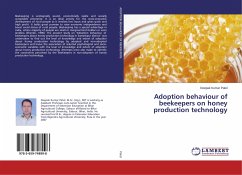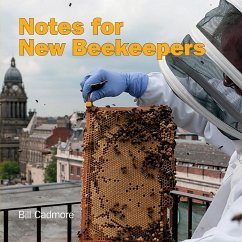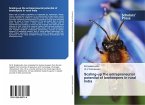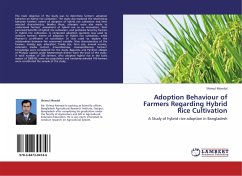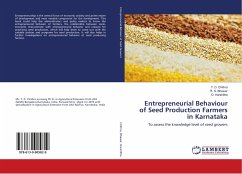Beekeeping is ecologically sound, economically viable and socially acceptable enterprise. It is an ideal activity for the socio-economic development of rural people as it involves low input and gives quick and high profit. It holds great promise to raise economic independence and boost social status of rural people. Beekeeping has a special advantage in India, where majority of people are small or marginal land holders or even landless (Shende, 1990). The present study on "Adoption behaviour of beekeepers about honey production technology in Samastipur district" was undertaken to find out the level of knowledge and extent of adoption about honey production technology by adopted and non-adopted beekeepers and know the association of selected psychological and socio-economic variables with the level of knowledge and extent of adoption about honey production technology. Attempts were also made to identify the constraints perceived by the beekeepers in non-adoption of honey production technology.
Hinweis: Dieser Artikel kann nur an eine deutsche Lieferadresse ausgeliefert werden.
Hinweis: Dieser Artikel kann nur an eine deutsche Lieferadresse ausgeliefert werden.

